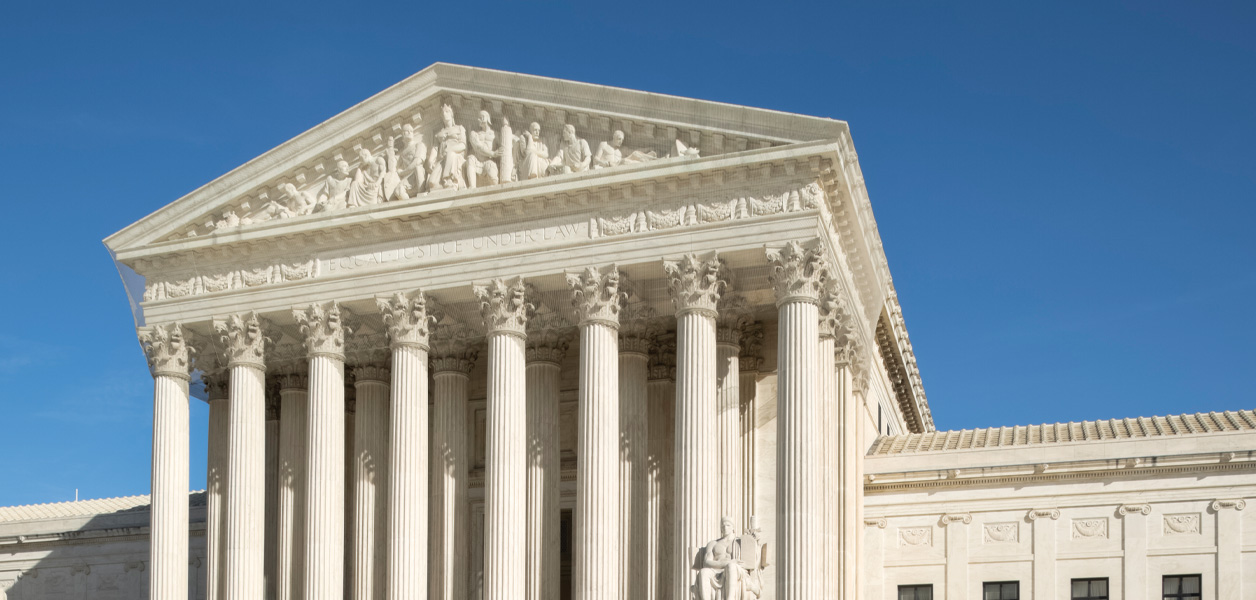By Benjamin Briggs | Cotney Construction Law
In a decision issued June 15, the U.S. Supreme Court ruled Title VII of the Civil Rights Act of 1964 protects gay and transgender employees and job applicants from workplace discrimination. What led to this decision and what does it mean for contractors?
Title VII is a federal law that has been on the books for more than 50 years. Title VII applies to employers with 15 or more employees and makes it illegal to discriminate against job applicants and employees based on their race, color, national origin, religion or sex. In its 6-3 decision issued earlier this month, the Supreme Court ruled Title VII’s prohibition against discrimination based on “sex” extends to an employee’s or applicant’s sexual orientation or gender identity.
The Supreme Court’s decision, authored by Justice Neil Gorsuch, means that Title VII prohibits contractors with at least 15 employees from taking an adverse employment action (termination, demotion, refusal to hire, etc.) against employees or job applicants based on their sexual orientation or gender identification. In light of the Supreme Court’s ruling, contractors should review their employment manuals and human resource policies and practices to ensure compliance with federal law.





